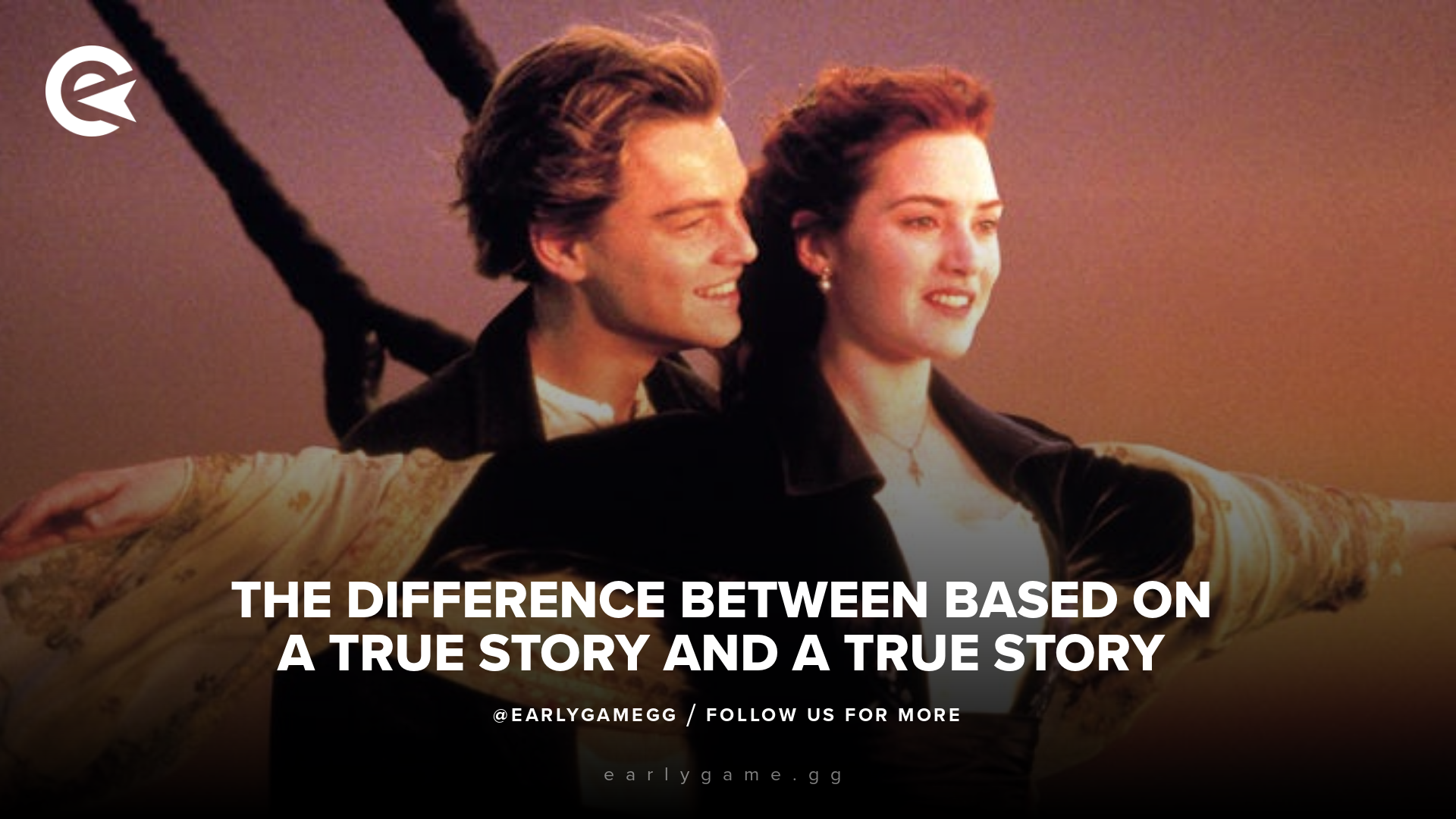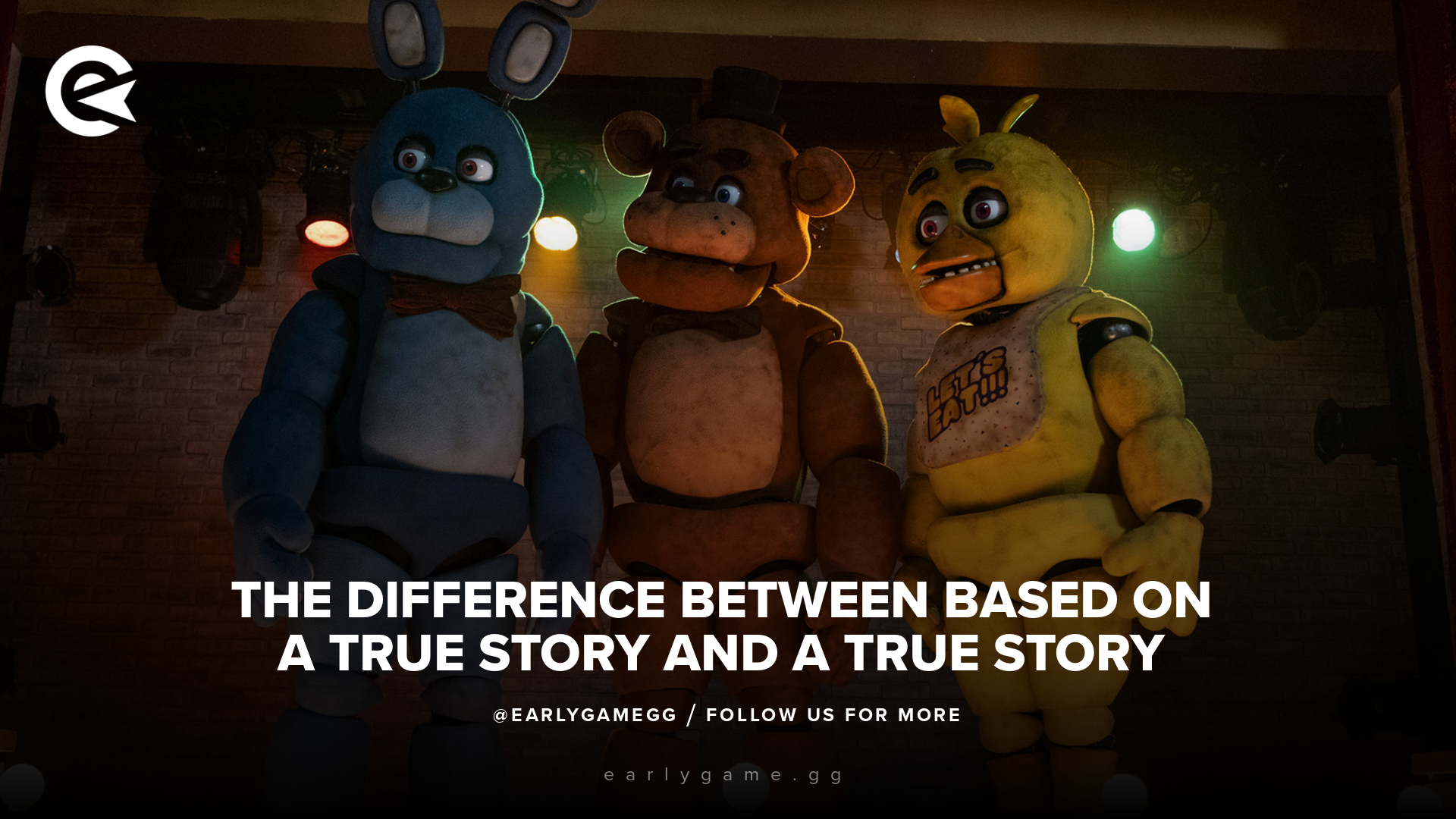Ever wondered what the difference between "based on a true story" and "true story" actually is? Well, let's find out!

When it comes to storytelling in media such as games, books and movies, the phrases "based on a true story" and "a true story" often get tossed around. But what do these terms really mean? They’re not just marketing gimmicks – But actually make a huge difference in context.
What does "a true story" mean?

When a movie or a video game claims to tell a true story, it sticks much closer to reality. The goal is to present actual events with a high degree of accuracy. These stories may take some creative liberties for entertainment reasons, but they strive to keep the essence of real events intact.
A prime example is the game "Valiant Hearts: The Great War", an emotionally-driven game set during World War I that tells the stories of several characters caught in the chaos. The game is grounded in historical events and includes letters, photos, and facts to educate players on the real people and battles behind the scenes.
An example from the movie world would be Spielberg's "Schindler's List", a movie from 1993 that tells the true story of Oskar Schindler, a German businessman who saved over a thousand Polish Jews during the Holocaust by employing them in his factories.
As you can see, when a medium claims to be telling "a true story" then you could be assured that the historical details must be very accurate. There is little freedom for fiction or exaggeration. But what if a movie or a game only says to be "based on a true story"?
What does "based on a true story" mean?

On the flip side, mediums that claim to be "based on a true story" are given more legal wiggle room to be flexible in their approach. These games or movies often use real events or people as a starting point but take creative liberties to enhance the narrative. The core of the story may still be rooted in reality, but the details are often altered to fit the gameplay or to make the plot more engaging.
Take "Assassin’s Creed III" as an example. The game is set during the American Revolution and features historical figures like George Washington, but the protagonist is a fictional Assassin named Connor. While the setting and historical backdrop are real, the game's story is embellished with a mix of historical facts and fictional elements, making it more inspired by history than strictly retelling it.
Another movie example is the famous "Titanic" movie. While it is still based on the Titanic tragedy, characters like Jack and Rose didn't exist.
Although both approaches to telling a story can be very compelling, the definition of these statements makes a big difference in the context of the story. When a movie tells a true story in detail, the viewer's expectations and emotional involvement are much different compared to when there is a lot of fiction involved.


































